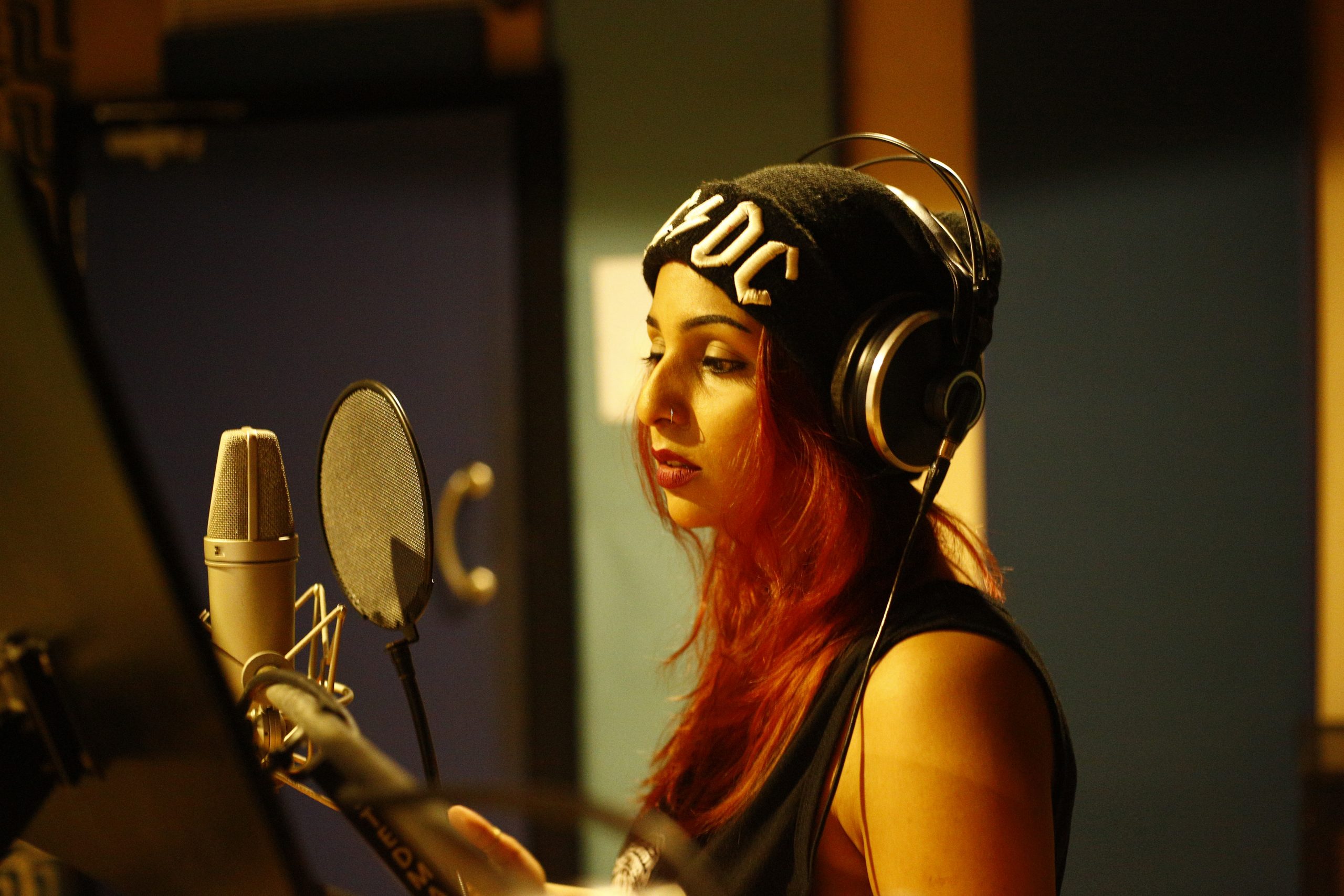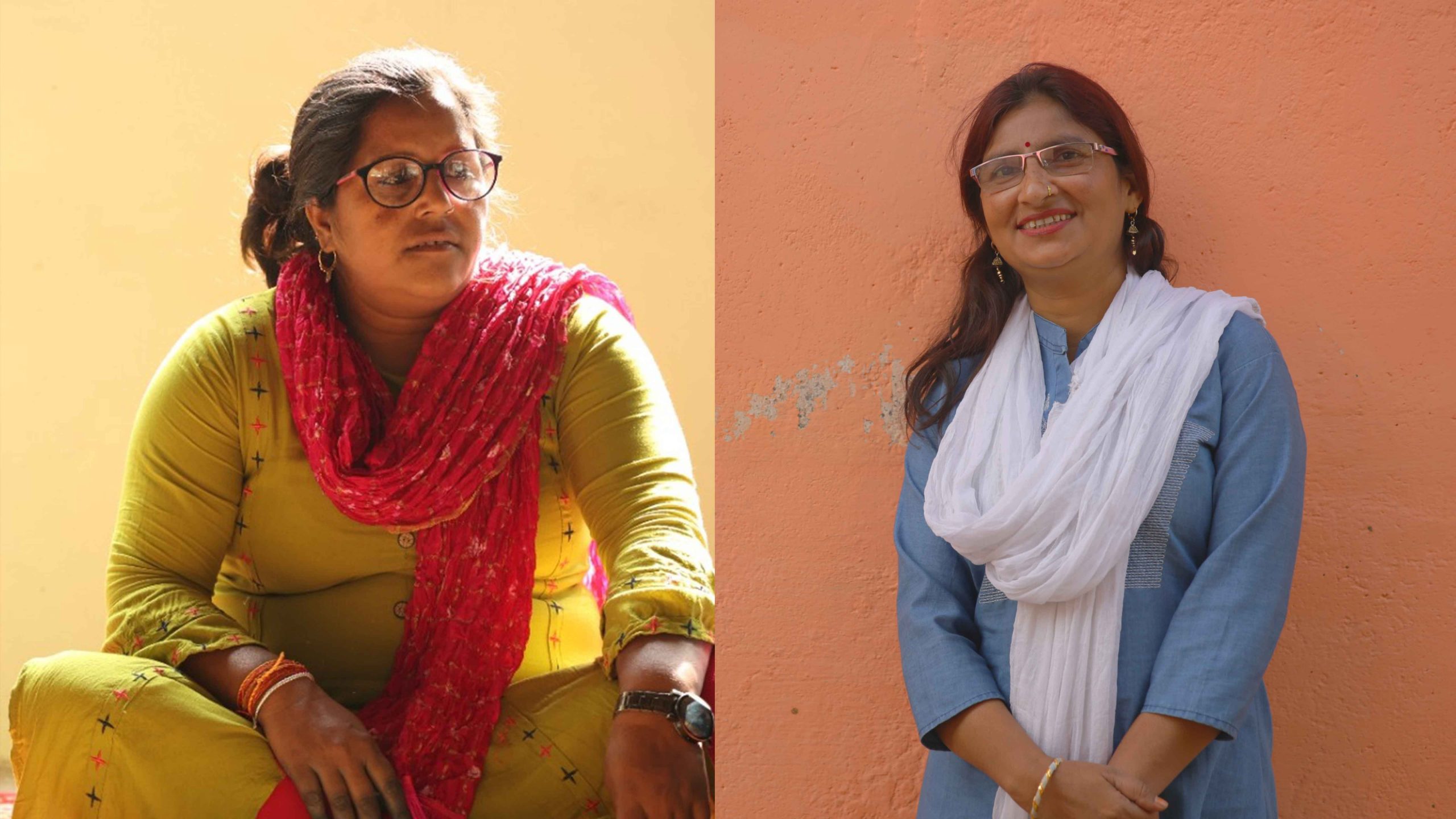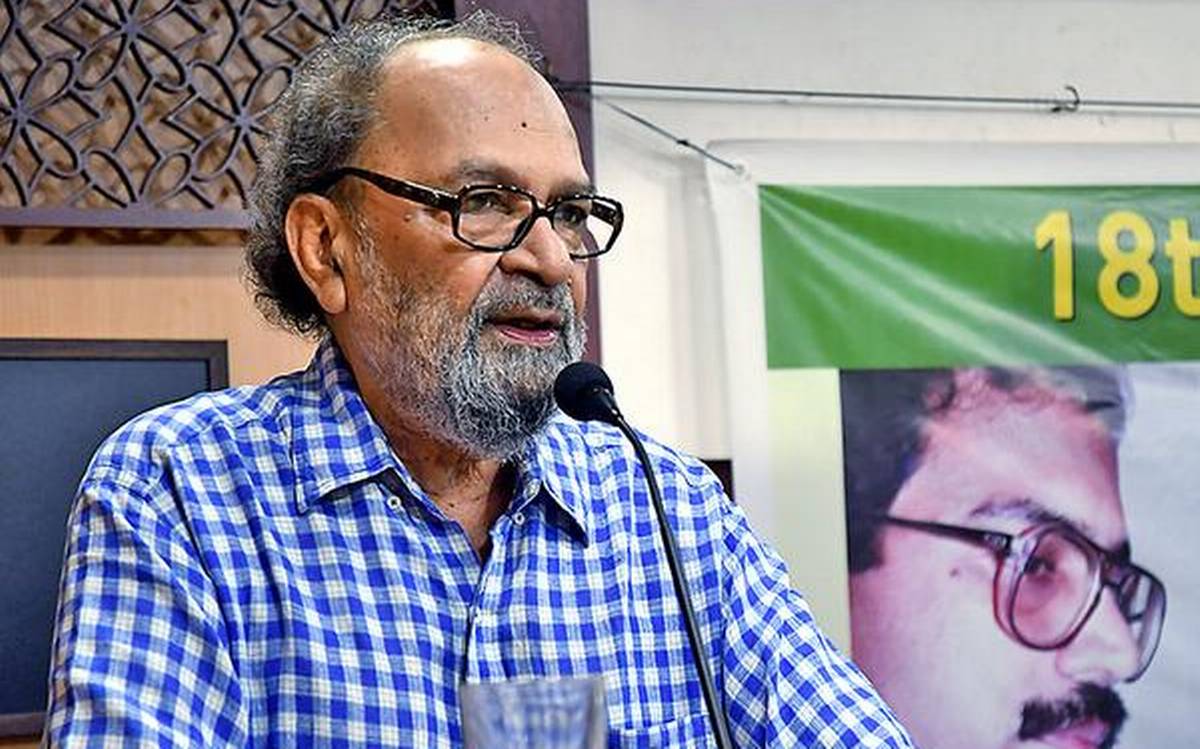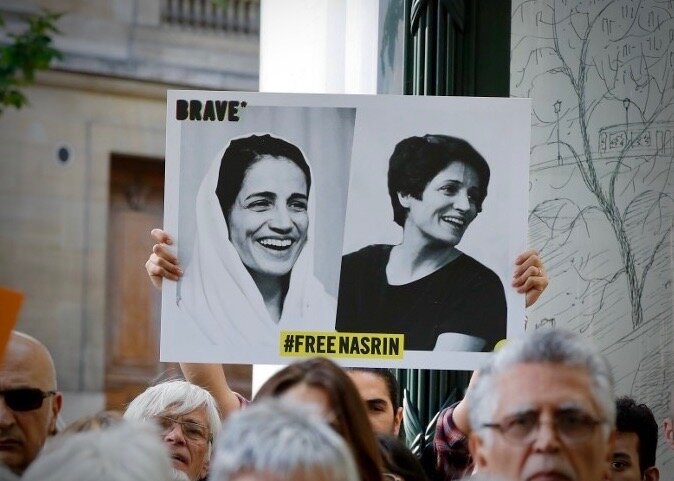College Queer Collectives Show How Important Students Are For A Revolution
- IWB Post
- January 30, 2023

From Ramayana to Odyssey, the idea of coming back home is celebrated across all cultures. Home is perceived to be a safe space where one experiences unconditional love and is free from the pressures of the outside world. However, for a person belonging to the LGBTQIA community, home is often a place that makes them question their inherent identity and forces them to hide in the closet. Amidst such internal and external oppression, queer collectives in universities and institutions are a glimmer of hope, where people from the LGBTQIA community can experience companionship and solidarity.
” Being in an all women’s college, gave us the chance to go a little beyond women centric issues and explore bigger and complementary matters concerning queer people who found no space in the gender committee cell of the college. The gender committee was not equipped enough to cater to the needs of people who did not identify exclusively as women and hence a need to create a separate space was important,” says Riya, the founder of White Rose Club, the queer collective of Gargi college, University of Delhi.
Formed in 2018 and formalized in 2019, White Rose Club was one of the earliest queer collectives in the Indian academic circle. From organizing pride parades inside the campus to conducting documentary screenings and discussions that raise awareness about trans rights, the club has been fighting against compulsory heteronormativity from every end. However, it wasn’t always smooth sailing for the club and it has had to fight institutional intolerance.
“During the initial functional months, we received little support from the administration. Seminars and sessions to discuss queer politics had to be conducted informally and secretly. It was the student community that came together to ensure that rooms were available for discourses and that it functioned smoothly. We could not also amplify the cause on social media platforms. However, after the annulment of article 377 of the Indian Penal Code that criminalized same sex relationships, the campus became more open towards dialogues about queer issues,” says Riya, who is so happy that nowadays discussions have become more organized and transparent with many faculty members becoming a part of it.
“Shortly after, my juniors took over the club, and got it formalized. In the wake of its establishment, several other colleges across Delhi University also started forming queer collectives,” adds Riya while talking about the embryonic months of White Rose Club. Today WRC is not only a formally recognised club but is also a safe haven where allies and people from the community learn in coexistence and support each other.
Queer identities are also intersectional in nature and have caste, class, region and religious identities intertwined within it. Often, an access to the understanding of pronouns and the vocabulary associated with queerness is available only to the members of a certain class and caste. To make sure that the club does not become elitist and is supportive towards all identities, the members hold discussions on issues related to the community every week in Hindi and regional languages. These discussions are titled “Anokhi Charcha” and are open not only to the members of the collective but to every student in Gargi College.
Erin S, the present co-convenor of the club, identifies as a gender fluid person and credits the realization of their gender identity to the discourses conducted under “Anokhi Charcha”. “Being a part of the discussions held by WRC and seeing other members come out as gender non-conforming individuals made me realize that it was not necessary to adhere to strict labels and that labels are often redundant”, says Erin.
As a queer person and the co convenor of White Rose Club, Erin has a strong vision for the club to make it more queer affirmative in the coming years. “Queer collectives are much more than pride parades. Their existence is deeply political. While I really appreciate the discussions and seminars around queer politics that the club facilitates, I also want the club to take more concrete and grassroot steps like conducting donation drives for the hijra community and for the NGOs supporting trans people,” adds Erin.
With its own unique and constructive history, the White Rose Club is helping many queer people write their own stories. The stairway to achieving equality for the LGBTQIA community is a long one as they have been discriminated against historically but a safe space for them emerging from universities and educational institutions is a substantial step in challenging heteronormativity and building a hopeful future.
Written by- Tripti Moolchandani
- 0
- 0












